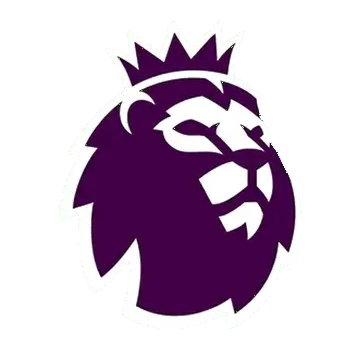

The “your club has no history” jibe is a nonsensical concept in general. Nearly every club has quite a lot of history, with or without silverware and nearly every club “bought success” at one point or another (through cash injections that often set them up to then become sustainable businesses later). Arsenal did, City did, Liverpool did, United did, Chelsea did, Tottenham did, Everton did, and so on. It’s just enough time passing since the initial injection that apparently makes it acceptable.
Most comments you see on here, in the stands, or at the pub are a product of juvenile ignorance, often by people that prefer to reject reality in favour of comforting narratives.
And I can’t blame them, the world is a sad, scary place, and it’s easier to deal with if you can create arbitrary groups of “others” to focus your disappointment and anger toward.

In before the inevitable downplaying of a highly suspect decision (referee clearly plays advantage to City late on with the match level only to call the play back for the foul once a City player was put through on goal; all the TV pundits are baffled by the decision, as were the players) that went against City which, if it had happened to Spurs in the game, would have seen rival fans starting 100 threads to scream conspiracy.